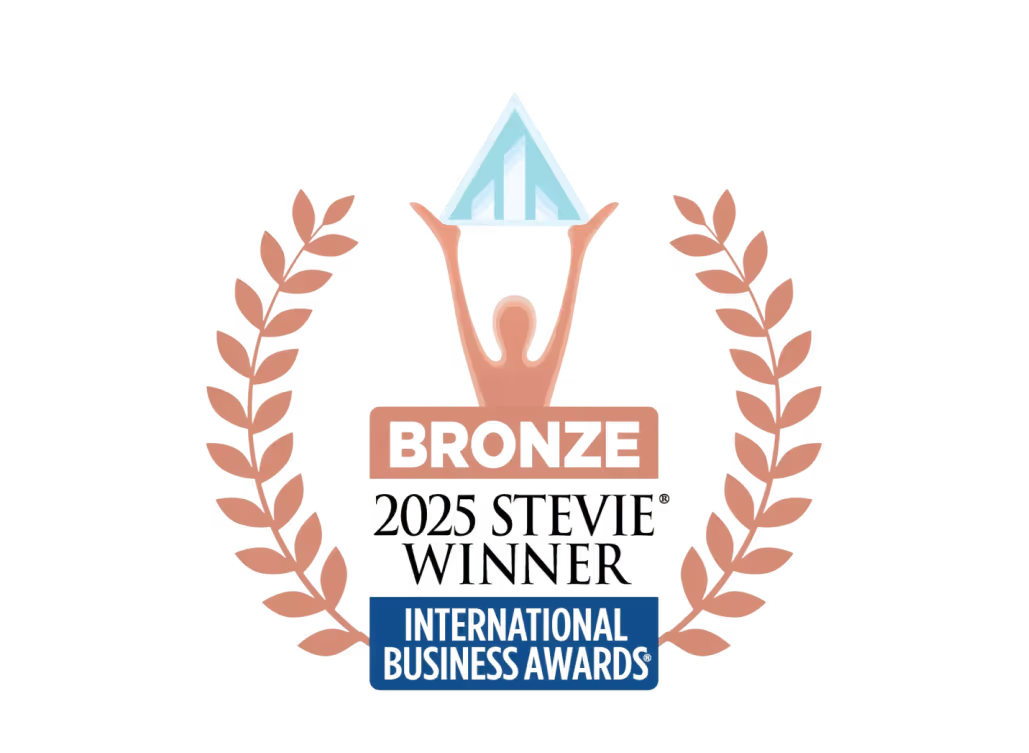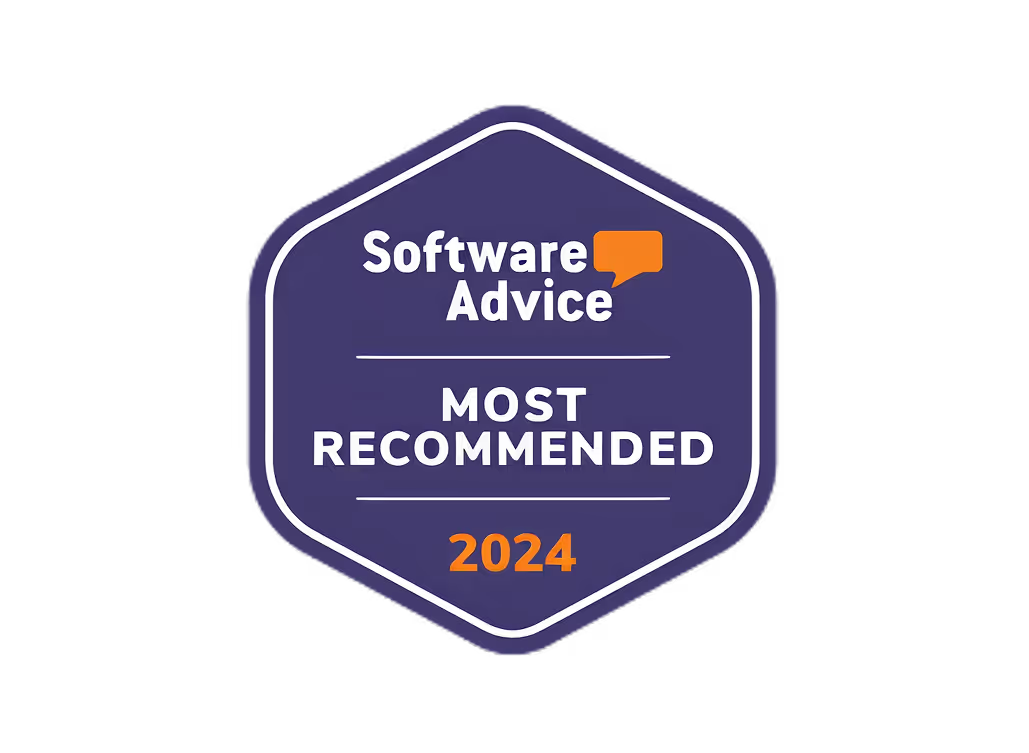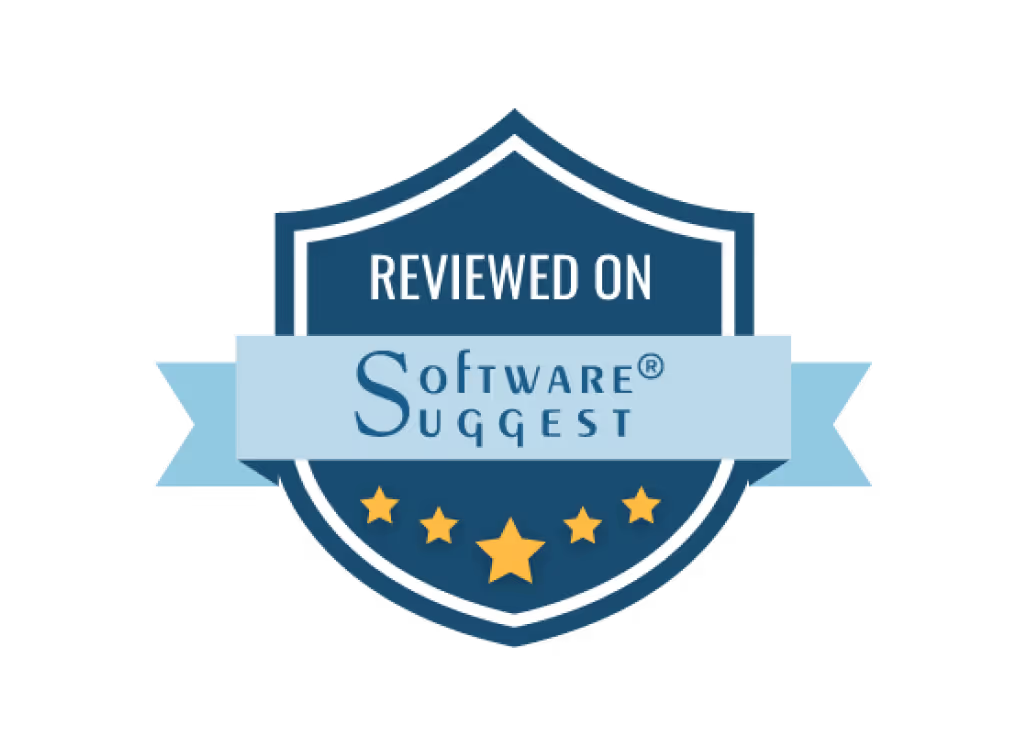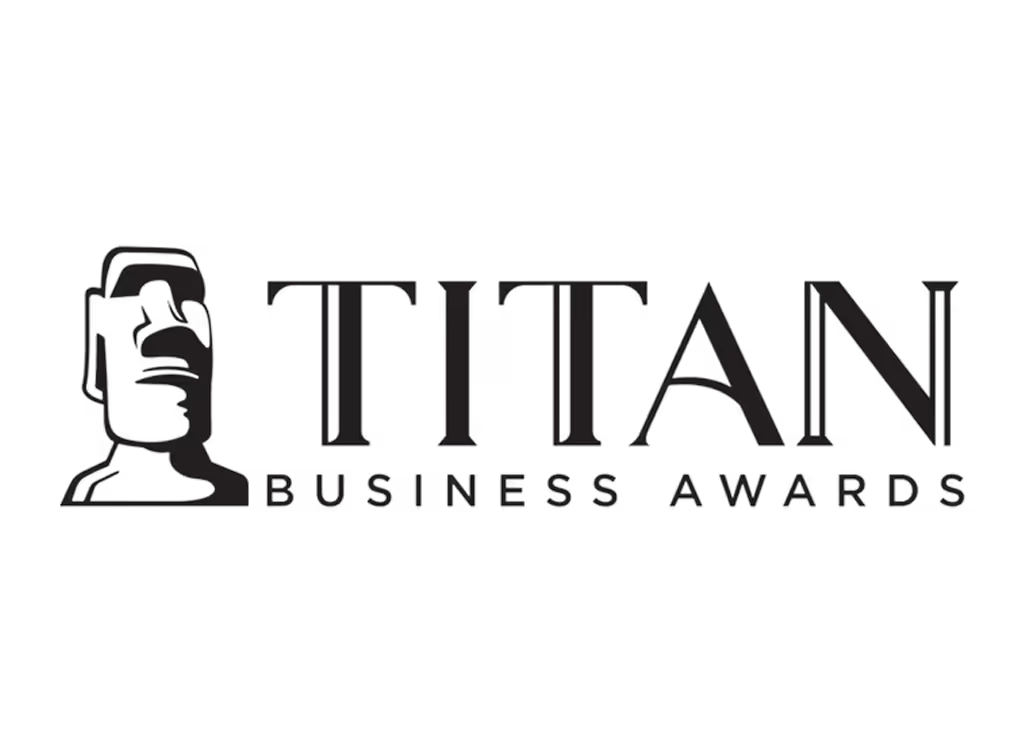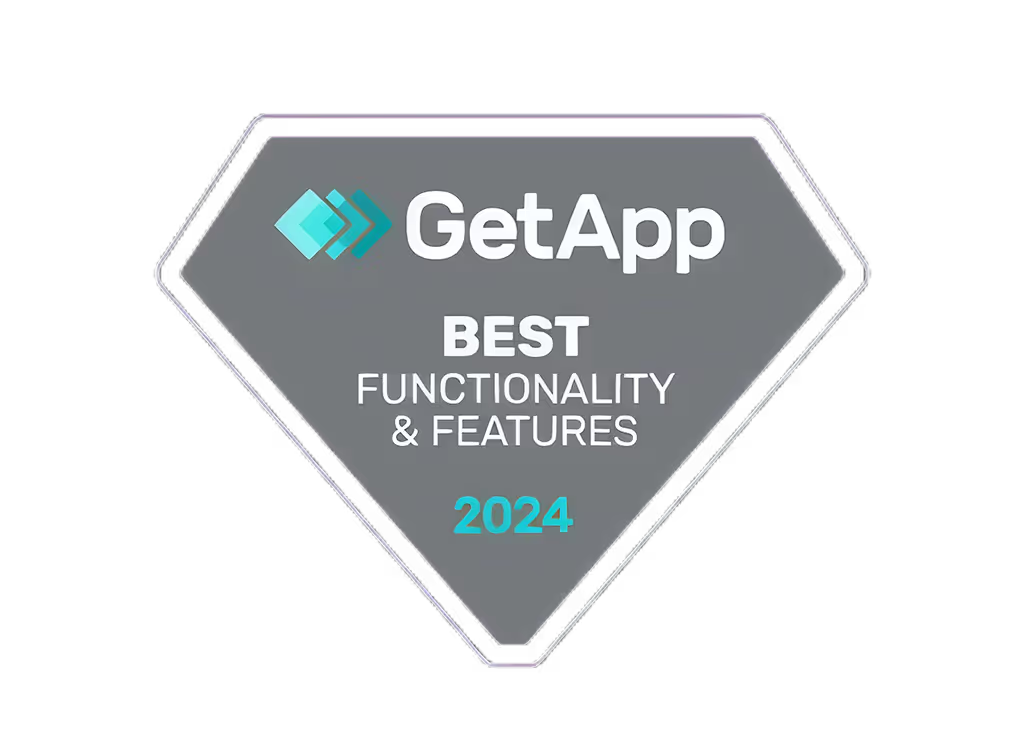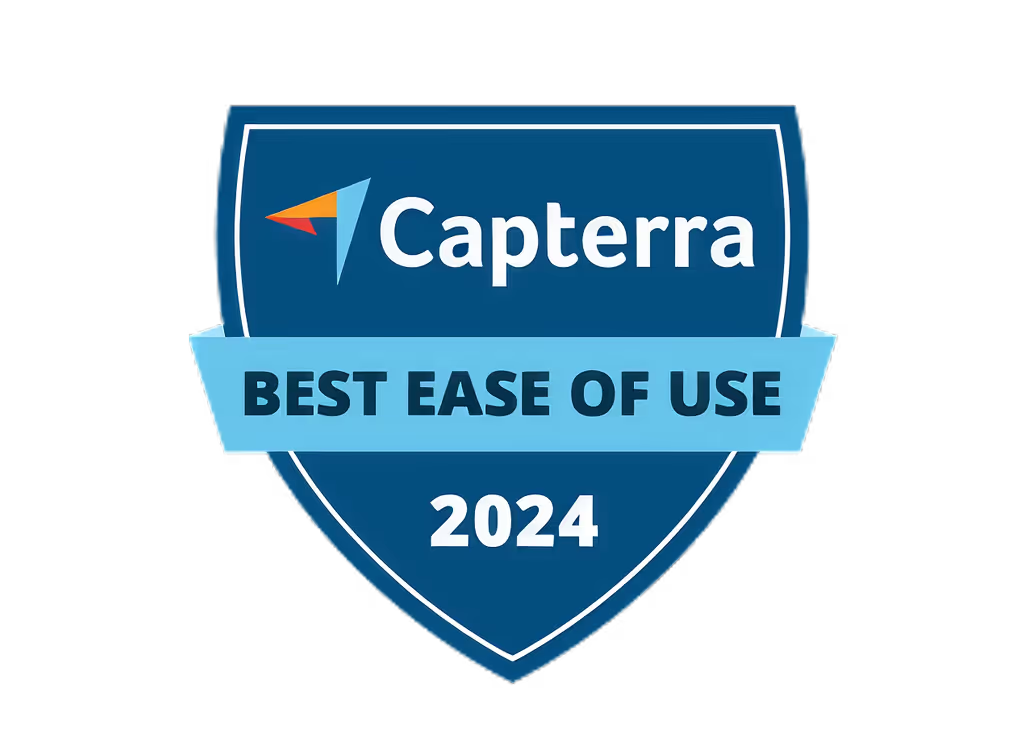How To Make Creatives Without Design Experience?

Entrepreneurs and small business owners will likely agree:
Creating professional-looking ads and visuals requires design skills many don't have. Producing quality creatives can be time-consuming, expensive, and seem out of reach.
But emerging user-friendly creative platforms are simplifying ad production for non-designers. These tools allow entrepreneurs to make creatives themselves, harnessing technology to generate quality visuals tailored to their brand and goals.
In this post, we'll navigate the expanding landscape of DIY creative platforms. You'll discover capabilities that empower entrepreneurs to become their own creative directors. From leveraging templates to iterative design strategies, you'll gain actionable tips to master high-converting ad creatives, no design experience required.
Introduction to Design-Free Creative Making
Creating professional-looking ads and marketing materials can be intimidating for non-designers. However, modern tools have made the process much simpler - no design expertise required.
The Rise of User-Friendly Creative Platforms
In the past, creating eye-catching ads and posts required specialized skills like graphic design, coding, and more. Now, platforms like Canva, Pablo, and Snappa allow anyone to make creatives in just a few clicks. These tools provide pre-made templates, drag-and-drop editing, and intuitive workflows perfect for beginners.
As a result, entrepreneurs and small business owners can easily:
- Design on-brand ads and posts
- Create content for multiple campaigns
- Manage projects without relying on a designer
This democratization of design through user-friendly apps has saved small teams time and money.
Simplifying the Creative Process
Modern creative platforms focus on simplicity and ease of use. They remove unnecessary features and complex menus, instead providing only what's needed to complete core tasks.
For example, Canva offers customizable templates covering every social platform and ad format imaginable. Users can drag-and-drop images, icons, and text rather than manually adjusting sizes, alignments, etc.
Other apps like Snappa and Pablo also use templates and intuitive editing so anyone can make professional creatives in minutes. This simplicity allows beginners to focus on content instead of design mechanics.
Benefits of DIY Ad Creative Production
Creating your own ad creatives has tangible benefits for small businesses:
- Save money on hiring designers and creative agencies
- Streamline workflows by managing in-house ad production
- Respond faster to campaign needs with easy revisions
- Build personalized creatives that resonate with your audience
- Own all creative assets for full control and reusability
Whether you're running PPC ads, email campaigns, or social posts, easy creative making lets you handle it solo. This can directly impact your sales pipeline by facilitating more tests and iterations.
In summary, modern tools now empower entrepreneurs and small teams to make professional-grade creatives without formal design training. Leveraging intuitive, user-friendly platforms can save time and money while enabling more agile marketing.
How do you make the best creatives?
Creating high-performing ad creatives can seem daunting, especially for non-designers. However, with the right tools and strategies, anyone can make professional-looking visuals that capture attention.
Here are some tips to create eye-catching creatives without design skills:
Use templates and drag-and-drop editors
Platforms like Quickads provide templates and easy-to-use editors so you can customize designs without coding. Simply select a template, drag-and-drop images/text, tweak fonts, colors, etc.
"I have no design background but was able to make beautiful Facebook ads in minutes with Quickads," said John, an ecommerce owner from Missouri, USA.
Leverage AI-generated content
AI can create ad headlines, descriptions, and even images for you. Quickads offers AI-powered copywriting and photo generation tailored to your niche. This saves tons of time while optimizing ads.
See what works
Study ads in your industry that convert well. Notice elements like:
- Images (lifestyle, product visuals, etc.)
- Messaging (emotional, direct response, etc.)
- CTAs (limited-time offers, free trials, etc.)
Then incorporate what resonates into your own creatives. Testing different versions is key.
Ask for feedback
Get input from target audiences before launching ads at scale. Quickads has built-in collaboration tools for team members to provide suggestions.
Following these tips will help entrepreneurs, startups and small businesses make high-quality, effective creatives in minutes without professional design expertise. Focus on leveraging technology, studying competitors, testing, and collaborating.
What is ad creatives?
Ad creatives, also known as mobile ad creatives for mobile campaigns, refer to the visual and textual elements of an ad designed to capture audience attention and drive conversions. They are a core component of any advertising campaign.
Some key things to know about ad creatives:
- They include images, videos, logos, slogans, call-to-action buttons, and other graphical and copy elements that make up an ad unit.
- Well-designed creatives align with brand guidelines and campaign goals to speak to the target audience and prompt them to take action.
- Creatives can be made for social media platforms, search ads, display banners, native ads, email campaigns, and more.
- AI tools like Quickads allow anyone to generate high-quality, on-brand creatives in minutes without professional design skills using features like:
- AI-written ad copy in 35 languages
- Background removal and image enhancement
- Hundreds of free, customizable templates
- Advanced image generation
- Built-in analytics
- Continually testing and optimizing creatives based on performance data is key to improving campaign results over time. The top platforms make this simple.
By leveraging AI to automate time-consuming, manual processes, Quickads empowers virtually any business to produce scroll-stopping creatives at scale and expand their reach across global markets. With simplicity, efficiency, and multi-language support, it's easier than ever to make effective creatives that drive real business impact.
Is AdCreative AI worth it?
AdCreative AI is definitely worth considering for entrepreneurs and marketers looking to streamline their ad creation process. Here are some of the key benefits:
Saves Time and Resources
The platform's AI-powered features allow you to generate multiple high-quality ad creatives and assets in just a few clicks. This can save countless hours compared to manually designing each creative or hiring a professional designer.
For instance, the AI ad copywriter can churn out effective ad text tailored to your offering and target audience. And the AI product photo generator creates studio-quality images to use across campaigns. This efficiency enables teams to reallocate time to other high-impact tasks.
Easy to Use, No Design Skills Needed
The tool is designed to be intuitive and user-friendly, with drag and drop functionality, customizable templates, and simple workflows. Users without any graphic design or coding skills can quickly build professional ads.
This makes it ideal for solopreneurs, small business owners, and marketers who may lack creative and technical expertise. Features like the brand kit also ensure brand consistency across generated assets.
Cost-Effective Solution
With capabilities comparable to hiring a creative agency, the platform offers immense value. The basic plan starts at an affordable rate, and capabilities scale up to suit larger teams and budgets.
For small teams managing multiple campaigns, it can significantly reduce costs associated with outsourcing creative needs. This enables larger ad spend for the same total budget.
So in summary - yes, AdCreative AI is definitely worth exploring for any marketer or agency looking to simplify ad creation, especially those with limited design expertise and resources. The time and cost savings unlock opportunities to expand campaigns further.
What is the best AI ad generator?
AdCopy.com is one of the top AI ad copy generators in 2023 that helps businesses create high-performing ads quickly and easily. Here are some of the key benefits AdCopy provides:
Simplicity
AdCopy makes ad creation easy even for non-designers. With a user-friendly drag and drop interface, you can customize ad templates, images, text, and more in just a few clicks. No advanced design skills needed.
Data-Driven Copywriting
AdCopy leverages large datasets and AI to generate effective ad copy tailored to your business. The AI analyzes millions of high-performing ads to identify patterns that drive engagement and conversions.
Flexibility
Easily create ads for Google, Facebook, Instagram and more. Bulk generate 100s of ad variations to A/B test what resonates best. Supports all formats - images, carousels, stories, video.
Affordability
AdCopy offers monthly and annual plans fitting all budgets. For high-volume agencies, enterprise options with volume discounts are available. There's also a free plan to test quality before upgrading.
So if you're looking for an intuitive platform to make quality creatives at scale, AdCopy is a leading choice trusted by 1000s of brands globally. With AdCopy's AI assistant, ad creation is now fast, simple and effective even for non-designers.
sbb-itb-606b7a1
Navigating the Best Platforms to Make Creatives
This section recommends leading platforms that simplify creative production through intuitive interfaces and smart features, all while allowing you to make creatives free of charge or at a minimal cost.
Canva: A One-Stop Shop for Visuals
Canva is a user-friendly graphic design platform that makes it easy for non-designers to create stunning visual content. With its drag-and-drop interface and vast library of templates, Canva simplifies the process of making creatives for social media posts, digital ads, print materials, and more.
Some key benefits of using Canva to make creatives include:
- Intuitive interface: Canva's drag-and-drop editor allows you to quickly build graphics without any design experience. Easily customize templates to suit your brand.
- Huge template library: Browse thousands of professionally designed templates for social media posts, ads, logos, presentations and more. Simply tweak them to fit your needs.
- Brand management tools: Create color palettes and logos for free. Use Canva's brand management tools to ensure visual consistency across your creatives.
- Collaboration features: Work on designs together with your team. Canva makes real-time collaboration easy.
- Free and paid options: Core design features are free to use. Upgrade to Canva Pro for additional templates, assets and team management capabilities.
With its simplicity and wealth of high-quality templates, Canva is a top choice for easily making creatives for your business on a budget.
Adobe Express: Quick Professional-Looking Ads
Adobe Express empowers entrepreneurs to make creatives for ads quickly thanks to its user-friendly interface and AI-powered features.
Key reasons Adobe Express excels at ad creative production:
- Intelligent templates: Choose from a wide range of expertly crafted ad templates for social media, display, video and more. Easily customize them to suit your needs.
- AI-generated content: Quickly generate on-brand text and images with Adobe Express' innovative AI features.
- Real-time collaboration: Invite team members to work on ad creatives together in real-time, enabling seamless collaboration.
- Cross-channel support: Design ads for Facebook, Instagram, YouTube, websites and more - all from one platform.
- Free tier available: Core features offered for free, with the option to upgrade for more capabilities.
With Adobe Express, entrepreneurs can create stunning, high-converting ad creatives in minutes without professional design expertise.
Pablo by Buffer: Streamlining Social Media Management
Pablo by Buffer offers a library of beautifully designed social media templates that make creating posts for platforms like Facebook, Instagram, Twitter and LinkedIn effortless.
Key features that enable easy social media creative production include:
- Professionally designed templates: Choose from a wide range of expertly created templates for various social platforms and post formats.
- Brand consistency: Templates carry your brand colors, fonts and logos by default for visual consistency.
- Customization: Each template is flexible and allows easy customization of images, text and more to suit your needs.
- Collaboration: Set up shared team folders allowing multiple users to access templates and share feedback.
- Time-saving: Pablo's templates help streamline your workflow allowing you to create high-quality social posts in minutes.
For entrepreneurs focused on social media marketing, Pablo by Buffer is an invaluable tool for saving time and maintaining brand consistency when making creatives.
Snappa: Graphic Design Made Easy
Snappa is a user-friendly graphic design platform built to help non-designers easily create stunning visuals for both digital and print including social media posts, ads, flyers, posters and more.
Standout features that facilitate simple yet powerful creative production:
- Intuitive drag-and-drop editor: Easily customize a wide range of expertly designed templates by uploading images, tweaking fonts and colors.
- Huge media library: Access over 2 million royalty-free stock photos, illustrations and icons to use in your designs.
- Multi-page capabilities: Create visual assets like brochures, sales sheets and reports by adding and arranging multiple pages.
- Team collaboration: Provide shared access for easy design hand-offs and feedback between team members.
- Affordable pricing: Benefit from a feature-packed platform at a budget-friendly price point.
For entrepreneurs without design skills, Snappa simplifies building stunning, brand-aligned creatives for all your marketing needs.
VistaCreate: Harnessing AI for Video Creatives
VistaCreate is an innovative ad creative platform harnessing the power of AI to make high-quality video content fast without any technical skills.
Key features that set VistaCreate apart for video creative production:
- AI video creator: Their proprietary AI instantly generates unique video ad concepts and storyboards tailored to your brand and campaign goals.
- Customization: Easily tweak the AI-generated video ideas by adjusting messaging, visuals and flow until you have the perfect creative.
- Royalty-free media: Access VistaCreate's library of HD stock footage to integrate into your video ads.
- Multi-format export: Download your completed videos in square, vertical, 16:9 and more formats making them versatile across platforms.
- Affordable pricing: Benefit from VistaCreate's AI video creator technology at competitive rates.
For resource-strapped business owners, VistaCreate makes producing captivating and effective video ad creatives achievable.
Essential Features for Ad Creative AI Platforms
When evaluating creative platforms, AI-powered features like free tools, smart generators, brand kit integration, collaboration, and flexible exports can help non-designers achieve stunning ad creatives with ease.
AI Ad Creator Free Tools
Platforms that offer free AI ad creator tools empower entrepreneurs to generate quality ad creatives without upfront costs. This allows testing capabilities before committing, making it ideal for early stage or budget-conscious businesses. Free tools typically provide:
- Basic ad creative templates to customize
- Limited image and copy generation
- Export options to download creatives
While feature-limited, free tools give a taste of the platform and reduce barriers to get started.
AI Ad Creative Generator Capabilities
AI ad creative generators transform the production process using automation. After providing some initial inputs and brand preferences, an AI engine designs multiple on-brand creatives with just a few clicks.
Benefits include:
- 10x faster ideation: Generate 50+ ad concepts instead of manually designing a few
- On-brand creatives: No graphic design expertise needed
- Optimized for performance: Leverages data on high-performing creatives
This enables teams to produce more ads, faster, while maintaining brand alignment.
Brand Kit Integration for Consistency
Integrating brand kits (logo, fonts, colors, etc.) ensures visual consistency across all AI-generated creatives. Rather than starting from scratch, the platform uses brand assets and guidelines to inform the design.
This helps:
- Maintain brand identity and recognition
- Increase professionalism with on-brand visuals
- Reduce manual editing needs to fit brand style
By keeping creatives on-brand from the start, less effort is required while working at scale.
Collaborative Project Management
AI creative platforms with collaboration features support better teamwork and organization. Capabilities like shared team folders, user roles, approvals, and task management can also integrate with productivity tools like Jira Templates, allowing teams to automate repetitive tasks, standardize workflows, and maintain consistency across projects :
- Improve transparency on campaign progress
- Reduce workload overlaps or gaps
- Streamline handoffs between departments
- Enable remote work and communication
With multiple stakeholders involved in campaigns, seamless collaboration and project oversight are essential. For larger teams or more complex campaigns, integrating coworking software, enterprise messaging solutions, enterprise messaging solutions and enterprise project management systems, and desk booking software can further enhance collaboration, oversight, and workflow efficiency. Creating a central hub where team members can come together helps maintain focus and clarity on project goals. In these situations, a coworking space can provide a shared environment that encourages communication and coordination among team members.
Diverse Export Options for Marketing Campaigns
To distribute creatives across various channels, AI platforms offer flexible export options including:
- Image files (JPG, PNG, GIF)
- PDF documents
- Image links
- HTML ads
- Social media posts
- Videos
This allows exporting creatives in the appropriate format for different marketing uses - from digital ads to social posts and more. The ability to easily repurpose visuals saves additional design and production efforts. When teams need to adapt exported PDF assets into editable presentation formats for reviews or client pitches, being able to Convert PDF to PowerPoint free with SmallPDF
With these AI-powered features, ad creative platforms enable businesses to produce stunning, on-brand visuals for their campaigns with minimal manual effort and design expertise required.
Practical Steps to Create Your Own Ad Creatives
Follow these practical steps when beginning your self-service creative journey to ensure success in creating compelling ad creatives:
Understanding Your Brand's Visual Language
Begin by auditing your brand style guide to ensure your creatives reflect your brand's visual identity.
- Review logo usage, color palette, typography, imagery style, and tone of voice guidelines
- Take note of common visual elements and compositional styles used in existing marketing materials
- Identify key brand differentiators to emphasize in your ad creative designs
By understanding the core visual components of your brand, you can maintain consistency across channels.
Setting Clear Objectives for Your Creatives
Define specific goals and KPIs for your ad creatives to measure their effectiveness in your marketing campaigns.
- Set objectives like clicks, conversions, video views, engagement rate
- Tie objectives to broader campaign and business goals
- Use A/B testing to optimize creatives for better performance
Having measurable objectives will allow you to iterate and improve over time.
Finding Inspiration Within the Platform
Use inspiration galleries and ad creative examples to spark ideas and guide your design process.
- Browse relevant campaign categories and verticals
- Take note of high-performing creatives in your industry
- Identify common creative elements that tend to perform well
- Gather a swipe file of design ideas
Gleaning inspiration from top-performing creatives can provide creative direction.
Embracing the Simplicity of Templates
Start with user-friendly templates as a foundation for your creatives, focusing on core messages and simplicity.
- Leverage professionally designed layouts and frameworks
- Customize with your brand assets and campaign messaging
- Resist overcomplicating - remember less is more
Templates enable launching creatives faster.
Iterative Design: Test, Learn, and Refine
Emphasize the importance of creating multiple versions of your creatives for A/B testing and iterative improvement.
- Make small tweaks to visuals, copy, layout, color, etc.
- Set up split testing to determine high-performing variants
- Use data and insights to optimize over time
- Continually refine based on latest learnings
The key is to continually experiment and evolve your creative approach based on performance data.
Mastering Creatives with No Design Background
These strategies will help you overcome common challenges and effectively create professional-looking ads and visuals, even as a non-designer.
Conquering the Fear of Starting from Scratch
The blank canvas can seem daunting when you lack design experience. However, modern tools like make creatives website and app remove much of the difficulty through AI-powered features that generate design suggestions tailored to your brand.
Start by browsing premade templates and examining examples to find styles you like. Then use an ad creative AI tool to auto-populate your creative with images and text aligned to your brand kit. Tweak the results and request new suggestions until you have a polished starting point to build upon. This allows you to make creatives through an intuitive, guided process versus manual creation.
Maintaining Brand Consistency Across Creatives
Brand alignment is critical so customers recognize your business. When using an AI ad creative Generator, you can set brand rules for colors, fonts, logos, etc. The software will then output creatives adhering to those guidelines.
You can also create a brand kit containing assets like logos, images, and color palettes. When designing new creatives, reference this kit to maintain consistency. Some tools like Canva make it easy to access your brand kit from within the editor.
Finally, examine your best performing ad creative examples and identify what makes them align with your brand. Use those as inspiration when authoring new creatives.
Harnessing Feedback for Creative Refinement
Seeking input can greatly enhance your creatives. Consider A/B testing different versions with your audience and analyzing performance data.
You can also share creatives on social channels and incentivize feedback through contests or giveaways. Be sure to ask pointed questions about brand alignment, emotional response, clarity of messaging, etc.
Use this qualitative data to pinpoint strengths and weaknesses. Then refine your creatives accordingly, cementing what resonates while improving what falls flat.
Efficient Revisions with Organized Asset Libraries
Store creative components like images, icons, and fonts in well-labeled folders or cloud libraries. This makes it easy to swap out assets when testing variations.
Some graphic tools like Adobe Express auto-save each version for easy back-and-forth editing. You can also use cloud-synced folders to simultaneously access files across devices.
Organize layers, artboards, and scenes using descriptive names and colors. This facilitates navigating complex creatives when revising.
Finally, tag assets based on usage and campaign. Then quickly filter your library to find the components needed for a specific creative.
Learning Basic Design Principles Through Tutorials
While creative tools minimize manual effort, learning core design concepts can level up your output. Many platforms like Pablo by Buffer offer built-in tutorials on principles like:
- Color theory
- Typography
- Composition
- Contrast
You can also reference external resources like online courses and Youtube videos when using graphic editors like Snappa and VistaCreate.
Start by studying design fundamentals. Then examine creative examples you admire and analyze what makes them visually appealing. Gradually apply these learnings when creating social media posts and other creatives.
With the right mindset and tools, anyone can produce quality, brand-aligned creatives, regardless of design expertise. What matters most is conveying your unique value effectively. So leverage technology to simplify execution while focusing efforts on strategic messaging and audience testing. This winning combination will facilitate making creatives that captivate customers across channels.
Conclusion: Empowering Entrepreneurs to Be Their Own Creative Directors
Rather than relying on agencies or in-house designers, small business owners can tap into intuitive tools to quickly generate quality visuals and ad copies tailored to their brand. But, they need to use tools and AI to help guide them in this journey.
Focusing on core brand messaging and guidelines at launch sets the foundation. Then capabilities like AI assistance and community feedback help propel iterative optimization over time through data-driven insights.
Recap of Key Insights for Creating Ad Creatives
- Modern creative platforms such as quickads.ai and canva.co emphasize ease of use so anyone can create visuals, not just designers. Features like templates, brand kits, and intuitive editors allow you to make professional ads, social posts, and more in just a few clicks.
- AI advancements have unlocked the ability to generate quality imagery and copywriting instantly. Rather than hiring photographers or writers, now small teams can leverage AI to create at scale. Try Quickads AI product photography for example to generate images of your product in any real looking background and test to see which picture works best for your customers!
- Community feedback features help you continuously optimize creatives based on real data. See which visuals perform best rather than just guessing to further enhance results.
- Collaboration is built-in so multiple team members can work together seamlessly on campaigns. This saves time trying to manually review and consolidate feedback.
- Customization remains important so brands can infuse creatives with their unique personality and style. Balance creative freedom with guardrails through brand kits, themes, and adjustable settings.
Next Steps for Aspiring Creative Makers
- Research platforms that align with your use case needs, whether that's social media templates, AI copywriting, adjustable brand kits, etc. Compare features and reviews.
- Sign up for free trials when available to test quality and ease of use. See if the platform delivers on expected time savings based on your real workflows.
- Slowly transition select campaigns over to self-service models. Continue optimizing based on performance data, not assumptions. Expand to additional projects once confident in quality and efficiency gains. Google P-Max for example encourages users to upload 15-20 different ad creatives with different images, headlines, and designs - the machine learning algorithms of Google do the rest!. So, let quickads.ai help you with that and watch your sales go up!









